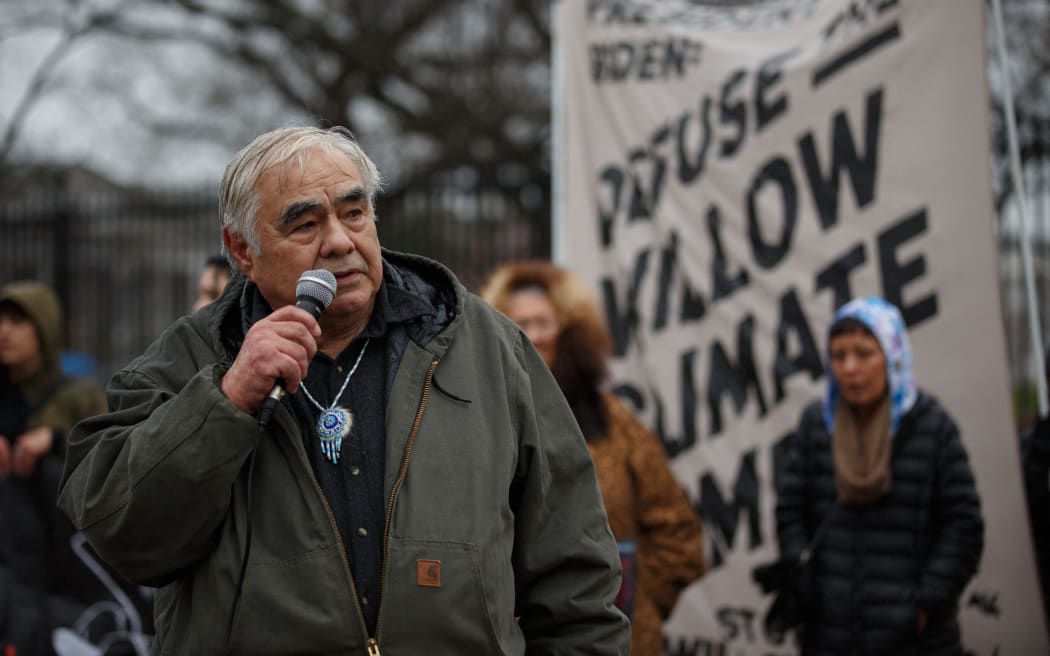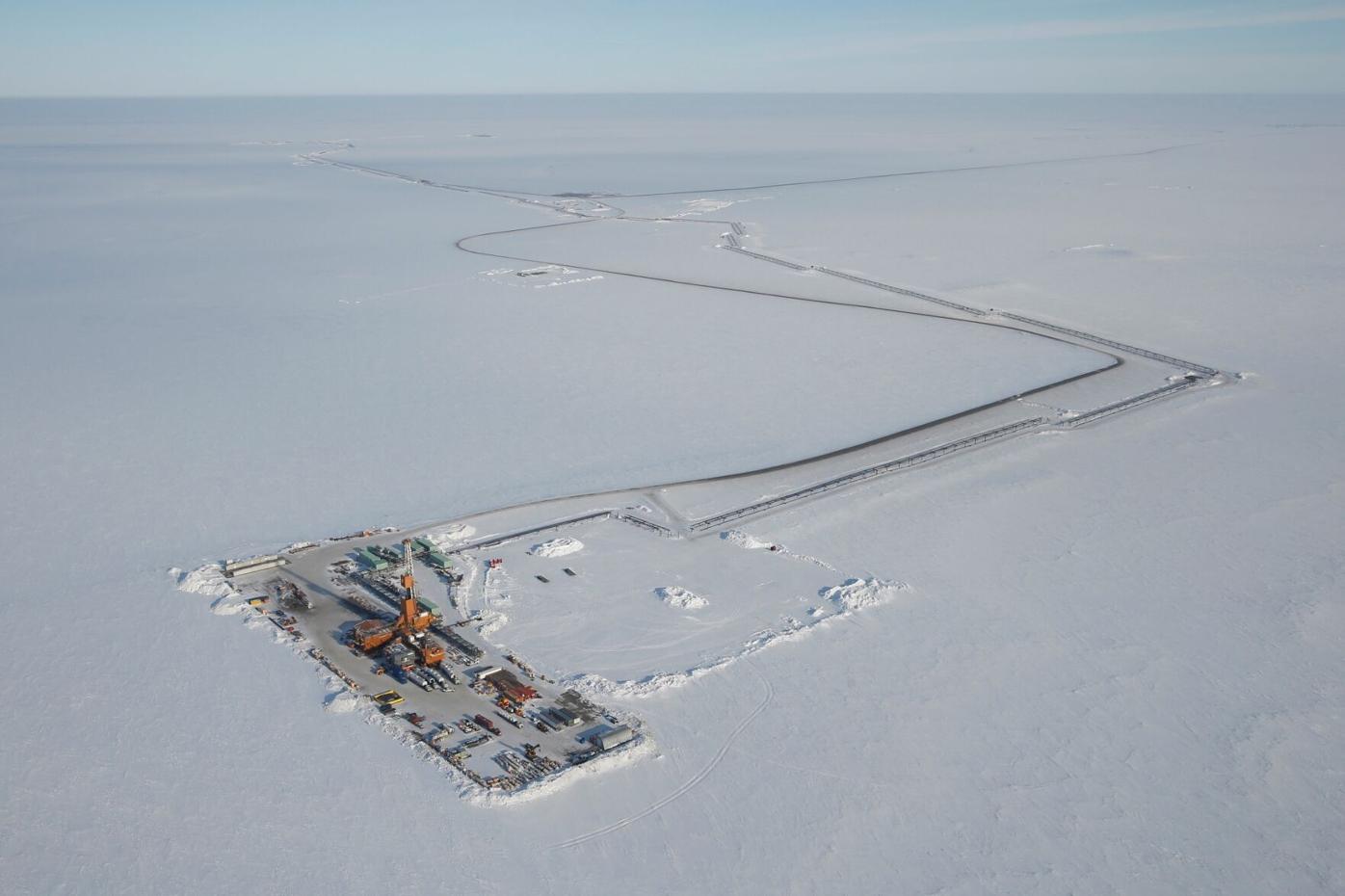Environmental activists in the US have long championed Alaska as a poster child for their nature conservation and climate mitigation efforts. However, its status is challenged. The Biden Administration, supported by the Bureau of Land Management (BLM), recently approved ConocoPhillips’ oil-drilling project, Willow, in the northeastern portion of Alaska’s National Petroleum Reserve – where the Texas-based company has leased 1.6 million acres of undeveloped land for oil exploration since 1972.
The project has been the source of a tug-of-war between the government and environmentalists since it was originally approved by the Trump administration. Biden suppressed the project as soon as it entered office after campaign pledges to shut off oil drilling on federal lands. However, in 2021, under pressure from the oil-and-gas industry and calls from Alaska to invest in economic development projects, the administration gave in. That being said, before its commencement, a federal judge quickly overruled the project’s approval, criticizing BLM for inadequately considering the project’s overall effects on polar bear populations and the total extent of greenhouse gas (GHG) emissions estimated to release over its 30 year lifetime. Considerations of total GHG emissions would have to account not only for the 270 million metric tons of CO2 produced by the extraction but also for the GHG freed as ConocoPhillips mines gravel, builds pipelines, and lays down new roads in preparation for the extraction.
After its review of the rejected proposal, BLM reapproved the project in February after knocking out two of the five project well pads requested by the company. As the world’s fastest-warming location by over twice the rate, Alaska’s native communities, species, and Arctic waters are particularly vulnerable to a new oil-drilling project. Nevertheless, the project has garnered much support from the state, or at least its political right-wing leaders. Senator Lisa Murkowski praised Willow, stating, “[We] are now on the cusp of creating thousands of new jobs, generating billions of dollars in new revenues, [and] improving quality of life on the North Slope and across our state.” The project is viewed as an economic boom by many in the state as Alaskan citizens have consistently remained behind the rest of the country, with many communities still living in homes without running water or basic sewage systems.

Through taxes on the oil and gas infrastructure, the indigenous communities in the region will be able to support educational facilities, hospitals, infrastructure projects, and a wildlife management department. Much like the movement to stop developing countries from using fossil fuels in their own versions of an industrial revolution, one must contemplate the fairness of reneging on a similar opportunity for modernization from these communities. Yet, indigenous communities remain divided on the actual benefits of the project. Sovereign Iñupiat for a Living Arctic (SILA) stood as one of the plaintiffs in the 2021 court case and remains against the project even after its reform. Its executive director, Siqiñiq Maupin declared that, “The Biden administration’s approval of the ConocoPhillips Willow project makes no sense for the health of the Arctic or the planet and comes after numerous calls by local communities for tribal consultation and real recognition of the impacts to land, water, animals, and people.” Indeed, not only does the project disturb 620 acres of polar bear habitat – an endangered species – but it also poses threats to bird and caribou migratory routes.
Though ConocoPhillips has agreed to relinquish drilling rights in Beaufort and Chukchi Seas as part of the deal, oil spills still pose a danger for the terrain as the permafrost on which the pipelines will be built melts, possibly destroying the new infrastructure. This threat and the project’s magnification of environmental stressors, will lead to rising sea levels, ocean acidification, and sea ice loss, negatively affecting marine life. Environmental groups also warned that people from Nuiqsut, the village closest to the project, will suffer high levels of air pollution from the rapid industrialization effort, posing possible physical and mental health risks. In retaliation to the ‘carbon bomb,’ multiple environmental and indigenous groups have lobed two lawsuits at the Biden Administration to the project’s authorization.

As the US awaits the final decision over the largest proposed oil-drilling project on federal land, scholars like oceanographer and Stanford professor Rob Dunbar warn, “It is expensive and environmentally dangerous to explore for and produce hydrocarbons in the far north, and it seems nuts to do so while we are trying to develop, fund and implement [non-fossil] energy systems.” The Willow Project exemplifies the need for national governments to admit responsibility for Earth’s climate future while simultaneously improving the lives of the millions of people left behind by industrialized society.
The current generation has spearheaded many of the environmental movements that inspire individual and community-scale changes. IE University as an institution has been working towards carbon neutrality for over 20 years by implementing strategies with an ecological goal. However, though all these initiatives are wonderful and raise awareness around climate and biodiversity issues today, individual contributions and paperless lifestyles do not impact the net carbon footprint as much as was hoped. That isn’t to say that the effort should be stopped, but it does mean that there is a need to think on a larger scale. Getting closer to 2030, the year for meeting climate goals under the Paris Agreement, it is important to restructure governments and companies for a greener future. As future leaders, people must be alarmed by situations like such – regardless if they are occurring far from the individual –, think about fixing missteps on the political front, and move beyond blaming individuals for the climate crisis.







